Trump has given up on ‘America First’ in one arena: Sports
In early June, the U.S. Customs and Border Protection agency announced on its Facebook page that its “suited and booted” agents would be at matches to the FIFA Club World Cup. Alex Lasry, CEO of the New York-New Jersey 2026 World Cup Host Committee, was startled to see the ominous message, which he worried could have a ruinous impact on tournament attendance.
Trump’s immigration policy was already on full display that week: thousands of Marines and National Guard troops were arriving in Los Angeles to support Trump’s deportation agenda. After city and state officials called the deployment a threat to their sovereignty, Trump and his top advisers blasted them as “incompetent” and unleashed schoolyard taunts on social media.
But when Lasry contacted the White House to express concern about the CBP post, he met a very different response. Andrew Giuliani, who leads a task force on World Cup preparations, reassured Lasry that the Department of Homeland Security would have just a routine presence at this month’s soccer tournament. Giuliani encouraged Lasry to assuage apprehensive fans and send press back to the White House with any questions. The provocative CBP post was later deleted.
Preparations for the world’s largest sporting tournaments reveal a vision of an alternate Trump administration. The White House welcomes foreign visitors and maintains harmonious relations with neighboring countries. It works closely with international organizations and serves as a supportive, even solicitous, partner to leaders in Democratic-run states and cities. It is an exception to “America First” large enough to kick a ball through.“The largest World Cup in history will be both secure and welcoming,” Giuliani told Politico. “As hosts, we’re proud to open our doors to fans from around the world and one of the goals of the task force is to ensure that international fans can be a part of this historic sporting event.”
The one-time owner of an American football franchise, Trump has long gravitated personally to the testosterone and glitz of athletic competition. During his first term, he worked to bring the World Cup and Olympics back to the United States for the first time in decades. Now in his second he has the opportunity to preside over the games themselves. But that requires his administration to coordinate logistically complex events that rely on the type of global cooperation and free movement of people that is anathema to Trump’s “America First” agenda.
“Trump, as we all know, likes attention,” said Alan Rothenberg, who coordinated with Bill Clinton’s administration as the architect of the 1994 U.S. World Cup. “How could you have more attention than a couple billion people watching you kick out the ceremonial first ball and awarding the World Cup trophy to the ultimate champion?”
Enthusiasm for the pageantry has led Trump to quickly embrace every aspect of what will be among the largest sporting events ever, even at the risk of alienating his most loyal supporters. When the White House issued a ban last month clamping down on travelers from 19 countries, Trump included a specific carveout for international athletes, coaches and support staff attending the World Cup, Olympics and other high-profile sporting competitions.
While Trump regularly dismisses the United Nations, NATO and World Health Organization, he caters to the demands of FIFA, soccer’s Zurich-based governing body. Its president, Gianni Infantino, has been repeatedly welcomed with celebratory photo ops to the Oval Office where the leaders of Ukraine and South Africa found themselves berated and belittled.
Domestically, Giuliani has also personally visited or coordinated with all 11 host cities — the majority in places led by Democrats — to prepare security briefings even as Trump publicly rails against their municipal leadership for everything from homelessness policy to handling of protests. While Trump has threatened to cut off federal funding for some of those cities, his reconciliation budget would send money to many of them to cover World Cup security expenses.
“President Trump has repeatedly said that he wants his legacy to be that of a peacemaker,” said Trump campaign strategist Alex Bruesewitz. “Sports for hundreds and hundreds of years, has been something that has brought nations together. And the president respects that.”
The promises that sold the World Cup
The Justice Department spent May 2018 preparing for oral arguments in a landmark case before the U.S. Supreme Court over his executive order banning visitors from seven majority-Muslim countries. The ban, one of Trump’s first acts as president, represented the culmination of a campaign pledge central to the America First platform that brought him to office. It provoked mass chaos at airports as immigration lawyers and protesters rushed to help immigrants on incoming flights, along with a slew of legal challenges.
In the White House, however, Trump was secretly signing on to a very different policy for inbound visitors — as long as they were coming to the United States for sports. In 2017, representatives of the U.S. Soccer Federation began working with their peers in Mexico and Canada to propose the first World Cup that would be shared by three countries. The vast majority of matches, including the final, would be played in American stadiums.
First the so-called United Bid team needed to win support from a majority of FIFA’s 211 member countries against a rival proposal from Morocco. Many of those countries’ representatives, anxious about Trump’s aggressive border policies, sought assurances that the State Department would grant visas to all teams that qualified and would be hospitable to fans traveling from abroad.
In March 2018, then-Secretary of State Rex Tillerson drafted a letter outlining nine categories of people who would be eligible for visas around the games, according to a copy reviewed by POLITICO.But those campaigning to bring the World Cup to the United States feared that Tillerson’s word might not be persuasive enough to win over foreign representatives.
“They were calling me constantly trying to get me to come on board,” Trump recounted four months later while sitting alongside FIFA President Gianni Infantino and then-U.S. Soccer president Carlos Cordeiro. “But it only took one call because when I heard ‘World Cup,’ I wanted to do it.”
On May 2, Trump secretly signed his own letter striking a very different tone about international travel than his solicitor general’s argument later that month before the Supreme Court that a blanket ban was necessary to protect national security. The letter, facilitated by then-adviser Jared Kushner, included Trump’s personal guarantee that “all eligible athletes, officials, and fans from all countries around the world would be able to enter the United States without discrimination.”
The United Bid team traveled to more than fifty countries with the letter as a centerpiece of a final sales pitch shopped to soccer officials ahead of FIFA’s vote, according to two people involved with the United Bid who were granted anonymity to discuss internal strategy. “When someone had hesitation and said, ‘Hey, there’s a lot going on with the U.S. — travel bans, visa issues,’” one of the people said. “We’d say, ‘Don’t worry about it. We talked to the President, and here’s the letter from him saying that it’s not going to be an issue.’”
That June, the American bid prevailed, and organizers set out to plan games across the three countries even as Trump pushed for a 2,000-mile border wall with Mexico and blew up a Canadian-hosted G7 summit after calling Canadian Prime Minister Justin Trudeau “dishonest and weak.”
At the time, the tournament itself was a distant abstraction, two presidential terms away, with little more for Trump to do but bask in his success helping to sell the bid. “So let’s see, 2026 — I won’t be here,” Trump said with Infantino and Cordeiro in 2018. “Maybe they’ll extend the term.”
His successor, Joe Biden, proceeded under Trump’s commitments to FIFA about the World Cup. Federal agencies began to have preliminary conversations about visas and security funding. At the same time, 16 host cities — including 11 across the United States — were designated, each standing up a host committee to coordinate everything outside the stadiums.
Trump returned to office this year facing a calendar full of mega-events that locked in during his first term. The World Cup will kick off on June 11, 2026, and end five weeks later with the final outside New York City, with 60 matches on American soil in between. The summer Olympics will be held in Los Angeles in late July 2028. They will bookend a year-long celebration of the United States’ 250th birthday.
Questions about who can enter the country “without discrimination,” as Trump put it in his 2018 letter, are no longer theoretical. The FIFA guarantees Trump made in his first term are colliding with the policies he is aggressively pursuing elsewhere in his second term, leaving foreign diplomats, host-city committee executives and FIFA officials uncertain how far Trump will go to bend his hardline America First agenda for the sake of soccer.
“Everybody’s walking on eggshells,” said one person outside the federal government involved in planning with the host cities who was granted anonymity out of fear of reprisal. “Because no one can predict, particularly you know, what the current administration is going to do from one day to the next.”
Game time
Shortly before returning to Washington this January, Trump made time to meet with Infantino at his Mar-a-Lago residence. For FIFA’s president, there was a clear agenda: convince the new president that the federation’s tournaments represent huge opportunities for Trump and the United States to shine on the world stage. Trump awarded Infantino a high-profile spot at the inaugural ceremony in the Capitol Rotunda, and mentioned him by name five times at a rally the night before. “Gianni, thank you for the World Cup,” Trump said, as Infantino looked on.
Over the next six months, Infantino would make himself a frequent presence at the White House, bringing the golden Club World Cup trophy and a key that unlocks its orbiting rings. When the venerable Italian franchise Juventus came to Washington for a match, Infantino led their owner and some star players for a last minute visit with Trump even as the White House was otherwise engulfed by the escalating Israel-Iran conflict. Shortly thereafter, Vice President JD Vance accompanied Infantino to a Club World Cup match in Vance’s home state of Ohio.
Trump’s embrace of sports as spectator and hanger-on has found a new political upside. While seeking reelection, Trump frequented UFC matches and college football games as an element in a broader strategy to draw attention from hard-to-reach demographics — including young Black and Latino men. Earlier this year he became the first sitting president to attend the Super Bowl, helping to dominate media attention at the year’s most-watched broadcast.
“President Trump has always had a great appreciation for world-class athletes,” said Bruesewitz, who manages Trump’s political social media accounts and helped to coordinate Trump’s election-year outreach to podcasts and sports media. “He has a great respect and appreciation for those who are at the top of their game because he understands the type of mindset, genetics and instincts it takes to reach the pinnacle.”
That admiration has fueled more than photo ops and headlines when it comes to the international soccer tournaments hosted in the United States. As the administration this spring drafted an executive order banning travel from countries considered “national security threats,” it included a carveout for “any athlete or member of an athletic team… traveling for the World Cup, Olympics, or other major sporting event as determined by the Secretary of State.” The State Department has since applied the provision to FIFA’s Club World Cup and the Concacaf Gold Cup, a regional competition to crown North America’s top national team.
In March, Trump signed an executive order establishing a FIFA World Cup Task Force, which includes Department of Homeland Security Secretary Kristi Noem and Secretary of State Marco Rubio. It has become the nerve center for a sprawling, largely behind-the-scenes coordination effort underway between the White House, federal departments and agencies, foreign governments and State Department consular officials at embassies worldwide. Many of the embassies abroad already face long backlogs for visitors seeking American visas but now must process paperwork for the 6.5 million fans expected to travel the U.S., Mexico and Canada for next summer’s tournament.
“Showing deference to the sporting community by hosting an international event, it’s an example that the president is not acting in an unjust way and flat out shutting our doors to the world,” said a White House official granted anonymity to candidly describe Trump’s calculations.
But the White House faces political risk if it bends too far in courting a sport already viewed skeptically by some of Trump’s most vocal allies. Tucker Carlson in 2006 called the World Cup “evil, just the first step toward one world government.”
“There should be a total travel ban on FIFA because I hate soccer!” former Trump campaign chair Steve Bannon joked recently.
At a White House launch event for the task force in May, Vance acknowledged the difficulty his administration faces in attempting to balance its otherwise uncompromising attitude towards foreign visitors with a newfound desire to welcome soccer fans.
“We want them to come, we want them to celebrate, we want them to watch the game,” Vance said . “But when the time is up, they’ll have to go home. Otherwise they’ll have to talk to Secretary Noem.”
Dress rehearsal
The task force whirred into action this month around the Club World Cup, which has served as both a dress rehearsal for both FIFA and the administration. (Five of the stadiums with Club World Cup matches will also host World Cup competition.) Giuliani, the son of former NYC mayor Rudy Giuliani who previously served as a sports liaison for Trump, has conducted match-day walk-throughs while overseeing federal teams that monitor how security and logistics issues are addressed in real time.
But the Club World Cup pales in scale and complexity next to the World Cup, which will include teams from 48 countries, the most ever. Cities and states, worried that they will get saddled with the cost of keeping the tournament safe, are counting on the Trump administration to deliver $500 million in homeland-security grants included in the reconciliation bill moving through Congress.
That has created a jarring split screen. At the same time Trump threatens to pull funding from Philadelphia, Boston, Seattle, New York, Los Angeles and San Francisco for their sanctuary-city policies — and bashes, bullies and sues their leaders over their handling of everything from homelessness to gender identity — his legislative-affairs team is working to ensure they are made whole for their spending around the World Cup.
“Andrew Giuliani has been a strong partner and advocate for the World Cup on the federal level,” said Lasry, who as the head of New York’s host committee is helping to oversee eight tournament matches including the final that will be played at New Jersey’s MetLife Stadium.
Pressure on Trump’s ability to sustain a separate set of foreign and domestic policies for sports will only grow as the list grows of countries that qualify to field teams at next year’s World Cup.
Would the president allow a government delegation from Iran, which three months before Trump bombed the country became the first to earn a place? What about thousands of fans from Venezuela, which is likely to compete and whose migrants Trump has accused of “invading” the United States on behalf of the Tren de Aragua gang? How would he deal with World Cup fixtures like Cameroon, Ghana, or Ivory Coast, whose citizens are being considered by the Trump administration for an expanded travel ban?
Would the State Department threaten to revoke visas for players or soccer officials critical of Israel as it just did for members of the band Bob Vylan before a scheduled U.S. tour?
Each one of those decisions may force Trump to choose between the image Trump hopes to project abroad as the tournament’s host and the political identity that binds his coalition at home.
“There’s certainly still decisions to be made,” said Shawn VanDiver, the founder of a nonprofit that has worked with both the Biden and Trump administration to secure exemptions for Afghans who helped U.S. troops in Afghanistan. “In order to get the Trump administration to do something that you want them to do, you just have to figure out why it matters to them. You have to placate his ego first, and then, then you can move on to the business at hand.”








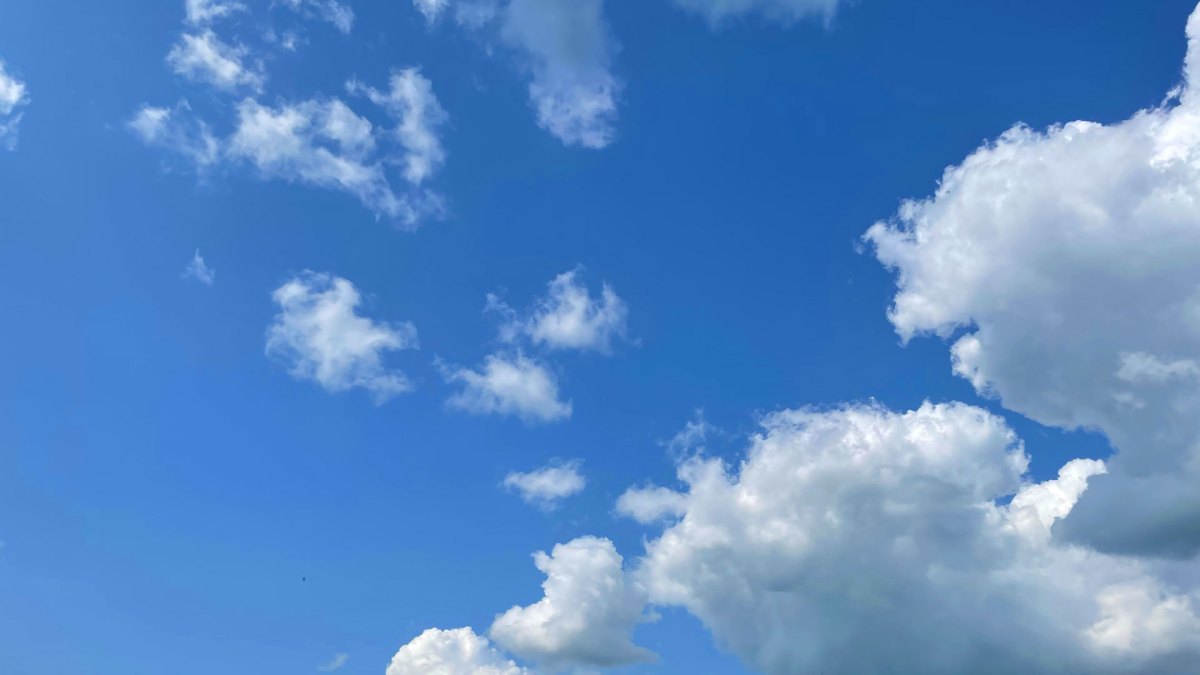



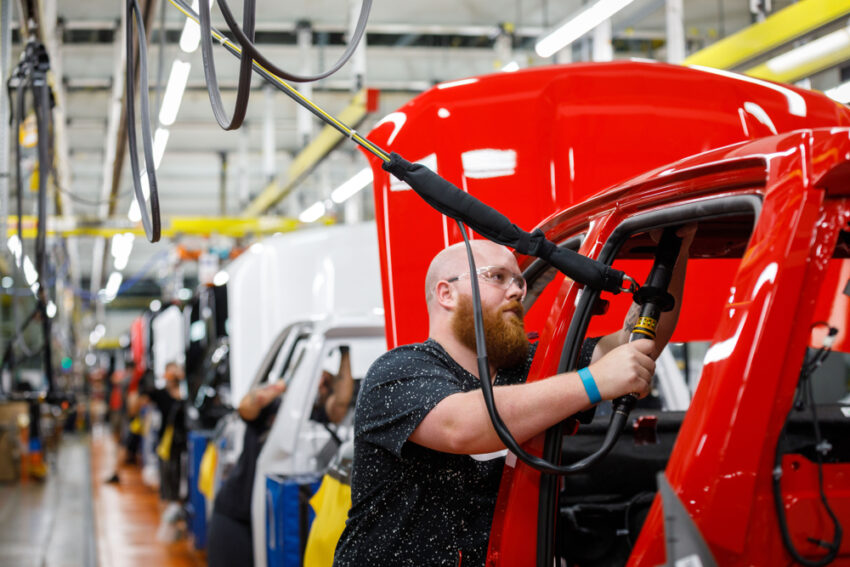







:quality(85):upscale()/2025/09/09/891/n/1922283/7222624268c08ccba1c9a3.01436482_.png)
:quality(85):upscale()/2023/10/03/668/n/1922283/1f15c8a9651c2d209e5eb5.32783075_.jpg)
:quality(85):upscale()/2025/08/14/650/n/1922283/470aeb83689df49cdc1bb6.14084110_.jpg)
:quality(85):upscale()/2025/08/13/775/n/1922283/3c0cbead689ccd0c422644.10221678_.png)
:quality(85):upscale()/2025/01/08/844/n/1922398/cde2aeac677eceef03f2d1.00424146_.jpg)





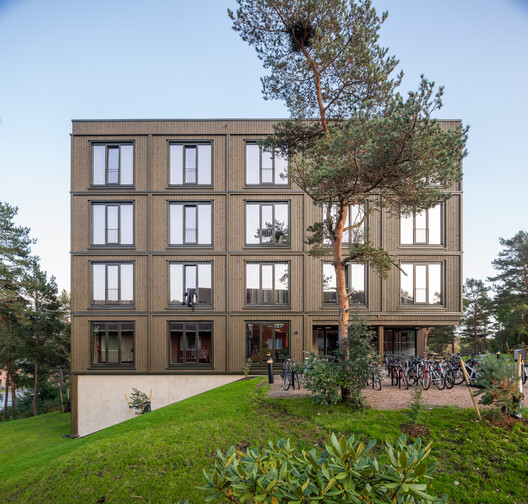
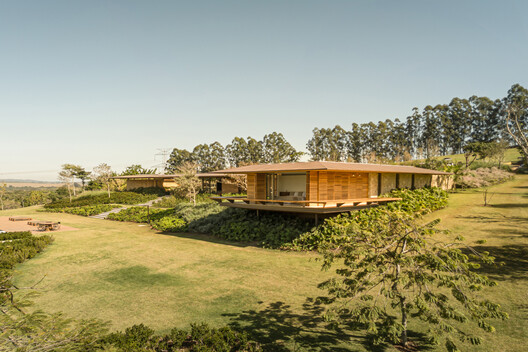
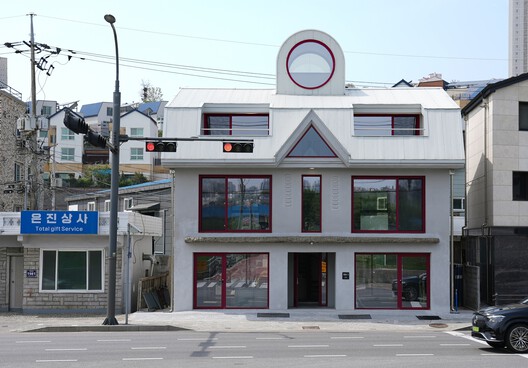

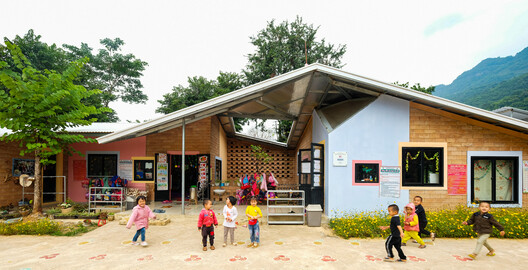



:quality(85):upscale()/2025/07/10/708/n/1922398/8fe2782e686fe372b38bf8.29984296_.jpg)

